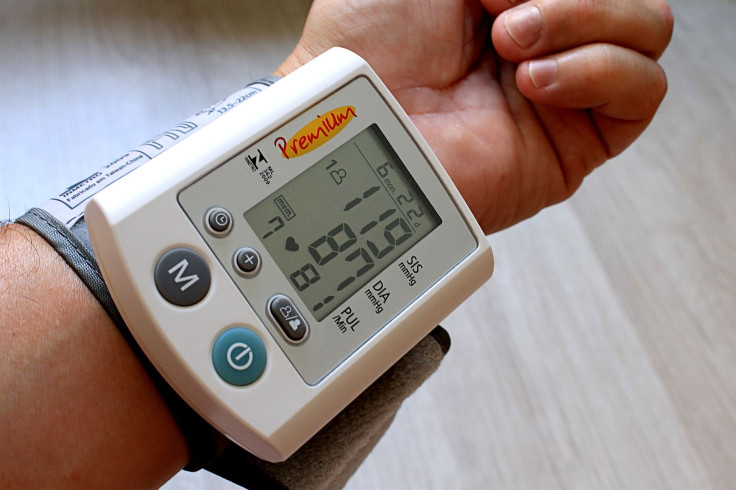Teens With High BMIs More Likely To Have High Blood Pressure As Adults

High blood pressure, also known as hypertension, is a pretty common condition among older American adults; nearly 30 percent of the population has it. It’s also often a sign of underlying health issues, like obesity, diabetes, or a general lack of fitness. Unsurprisingly, its rates have increased in the past few decades along with the obesity epidemic.
New research suggests that being healthy at a young age may be one way to prevent hypertension later in life. The study, completed by researchers from Stanford University and published in JAMA Internal Medicine, found teenagers with high body mass index (BMI) and low physical activity were more likely to develop high blood pressure as adults.
The researchers examined 1.5 million men who were military conscripts in Sweden, analyzing their health from age 18 to 62. Some 6 percent of the participants were diagnosed with hypertension later on, at an average age of 50. The participants’ aerobic capacity was measured in watts, or the amount of force used during workouts (people who are more fit are able to produce more energy). Their muscular strength was measured in newtons.
Men who were diagnosed with hypertension had lower levels of both newtons and watts, meaning they had less muscular strength and aerobic capacity. Those who had a high BMI and low aerobic capacity were 3.5 times more likely to have hypertension than men who were more fit. Even if the men had normal BMIs, their risk of hypertension was higher if they rarely worked out and were in poor aerobic shape.
One-third of Americans are obese, and childhood obesity is also a rampant problem in the U.S. Childhood obesity has been linked to high blood pressure, low self-esteem, and a weak grip strength — all are symptoms that could be signs of other health problems.
Hypertension isn’t a problem that's just limited to overweight or obese people; it can affect thin people with normal BMIs if they rarely work out and have low aerobic capacity. The simple conclusion is that exercise should be incorporated into daily life from a young age, even if kids are thin and seemingly healthy. That's because research has shown that reducing high blood pressure significantly lowers a person's risk of death and heart issues.
“[W]e agree… that efforts to prevent hypertension need to be started early by preventing weight gain and improving levels of cardiorespiratory fitness in children and adolescents,” said Dr. Carl Lavie of the Ochsner Medical Center in New Orleans in a commentary regarding the study, according to the press release. “Improving levels of physical activity would go a long way to accomplish these goals.”
Lavie notes that preventing obesity and its severe consequences depends on the efforts of physicians to “document levels of physical activity during almost all patient encounters, and that we use this opportunity at nearly every visit to promote and prescribe physical activity to all of our patients.”
Source: Crump C, et al. JAMA Internal Medicine, 2016.



























